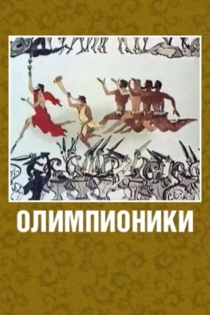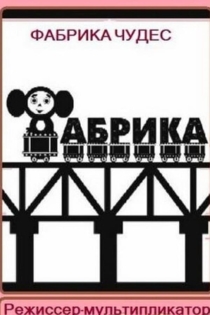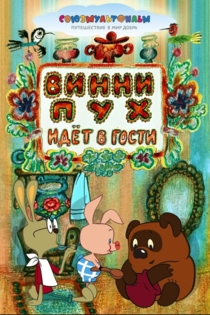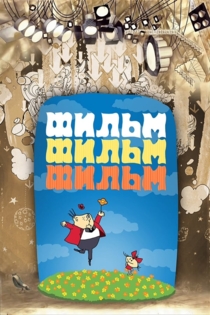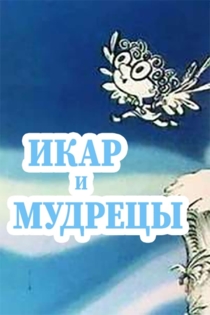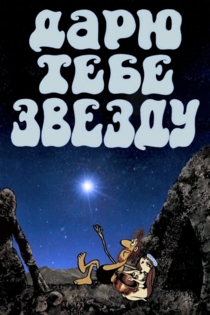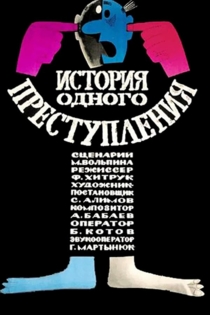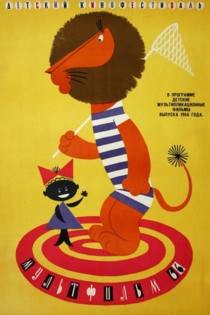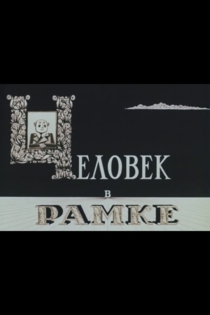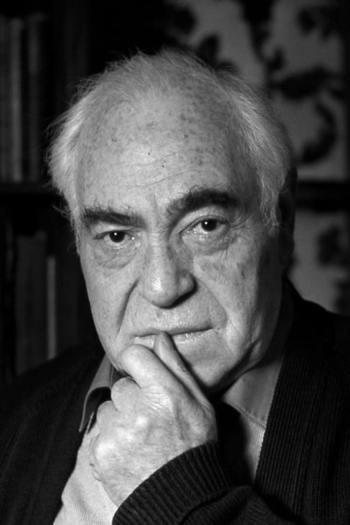
Fyodor Khitruk
1917 - 2012Khitruk was born in Tver (Russian Empire), into a Jewish family. He came to Moscow to study graphic design at the OGIS College for Applied Arts. He graduated in 1936 and started to work with "Soyuzmultfilm" in 1938 as an animator. From 1962 onwards, he worked as a director. His first film "Story of One Crime" was an immense success. Today, this film is seen as the beginning of a renaissance of Soviet animation after a two-decade-long life in the shadows of Socialist realism. Diverging from the “naturalistic” Disney-like canons that were reigning in the 1950-60s in Soviet animated cartoons, he created his own style, which was laconic yet multi-level, non-trivial and vivid.
He is the director of outstanding animated short films including such classics as his social satire of bureaucrats, "Man in the Frame" (1966); the philosophic parable, "Island" (1973) about the loneliness of a man in modern society; the biographical film "A Young Man Named Engels – A Portrait in Letters" (1970), based on drawings and letters of young Engels; the parody "Film, Film, Film" (1968); and the anti-war film, "Lion and Bull" (1984).
In April 1993, Khitruk and three other leading animators (Yuri Norstein, Andrei Khrzhanovsky, and Eduard Nazarov) founded SHAR Studio, an animation school and studio in Russia. The Russian Cinema Committee is among the share-holders in the studio. In 2008, he released a two-volume book titled "Profession of Animation". He is the grandfather of violin virtuoso Anastasia Khitruk.
Khitruk lived in Moscow, where he died in 2012, aged 95.
Волшебная Русь
Masha Zur, Yonathan Zur
Garri Bardin, Iosif Boyarskiy
A poetic view of Russian animation and of cultural and social transformations Russian society has been gone through. It is about multi faceted and humorous animation, almost never exposed to western eyes.
Magia Russica
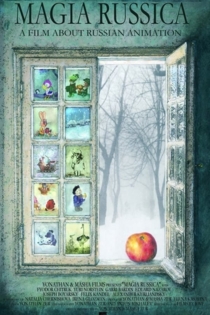
Masters of Russian Animation - Volume 2
Fyodor Khitruk, Ivan Ivanov-Vano
Volume 2 (1969-1978): "Ballerina on the Boat", "Seasons", "Armoire", "The Battle of Kerzhenets", "Butterfly", "Island", "Fox and Rabbit", "The Heron and the Crane", "Hedgehog in the Fog", "Crane's Feathers", "Firing Range" Contact
Masters of Russian Animation - Volume 2
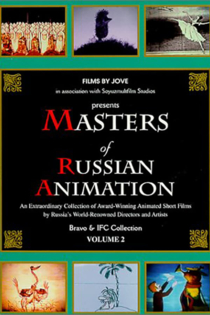
Винни-Пух и день забот
Fyodor Khitruk, Gennadiy Sokolskiy
Vladimir Osenev, Evgeni Leonov
Another Russian Winnie-the-Pooh story. This time the donkey, known from the Pooh stories as Eyeore, is sad because he has no tail. Pooh goes in search of one and finds it attached to a bell that hangs from the treehouse of one Owl.
Winnie-the-Pooh and a Busy Day
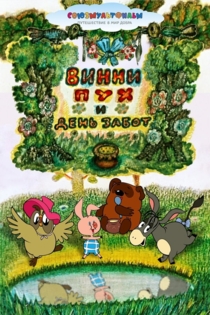
Винни-Пух
Fyodor Khitruk
Evgeni Leonov, Iya Savvina
With a cheeky, down-to-earth charm that appeals to both children and adults, the series – beginning with 'Vinnie-Pukh (1969)' – has since developed something of a cult following, and are considered by many to decisively surpass their Disney counterparts, however uneasily they may fit into the official canon. The animation itself is somewhat coarse and minimalistic, but this all adds to the charm of it all, with the story and characters coming to life as though they have just stepped out of a picture book.
Winnie-the-Pooh
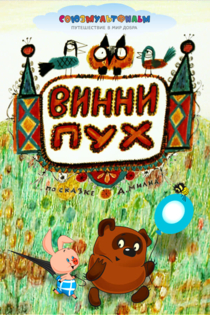
Masters of Russian Animation - Volume 1
Vadim Kurchevskiy, Fyodor Khitruk
Volume 1 (1962-1968): "Story of One Crime", "Man in the Frame", "My Green Crocodile", "There Lived Kozyavin", "Mountain of Dinosaurs", "Passion of Spies", "Glass Harmonica", "Ball of Wool", "Singing Teacher", "Film, Film, Film".
Masters of Russian Animation - Volume 1
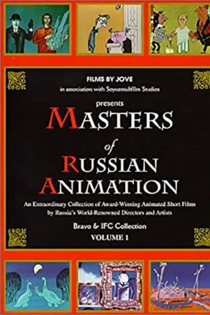
Советская мультипликационная пропаганда
Anatoliy Karanovich, Youry Merkulov
Joan Borsten, Richard Harrison
A landmark four disc Box Set - Unearthed from Moscow's legendary Soyuzmultfilm Studios, the 41 films in ANIMATED SOVIET PROPAGANDA span sixty years of Soviet history (1924 - 1984), and have never been available before in the U.S.
Animated Soviet Propaganda
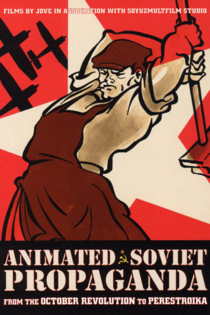
Остров
Fyodor Khitruk
Elena Chepoy
A castaway is interrogated by Interpol, conquered by an imperialist ship, loses his lone palm tree to greedy loggers, is consoled by a missionary who promptly abandons him, is thoroughly examined by scientists, and harassed by journalists.
Island
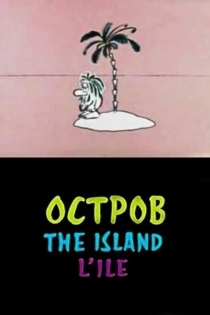
Олимпионики
Fyodor Khitruk
Zinoviy Gerdt
This is a somewhat ironic, but very informative story about the origin, development and decline of the Greek Olympiad tradition, set out with the help of an off-screen commentary read by Z. Gerdt. Ancient history is described in great detail and exciting. In the graphic decision, artists were guided by the ancient Greek monuments, first of all - vase paintings, stylized for them and characters, and decorations, up to imitation cracks. In the film there are a lot of full-scale shots, and in particular it is interesting to frame the photographs of the bas-reliefs of the Pergamon altar shot by Yuriy Norshtein. The film ends with documentary shots of the opening of the Olympics-80 in Moscow.
Olympians
